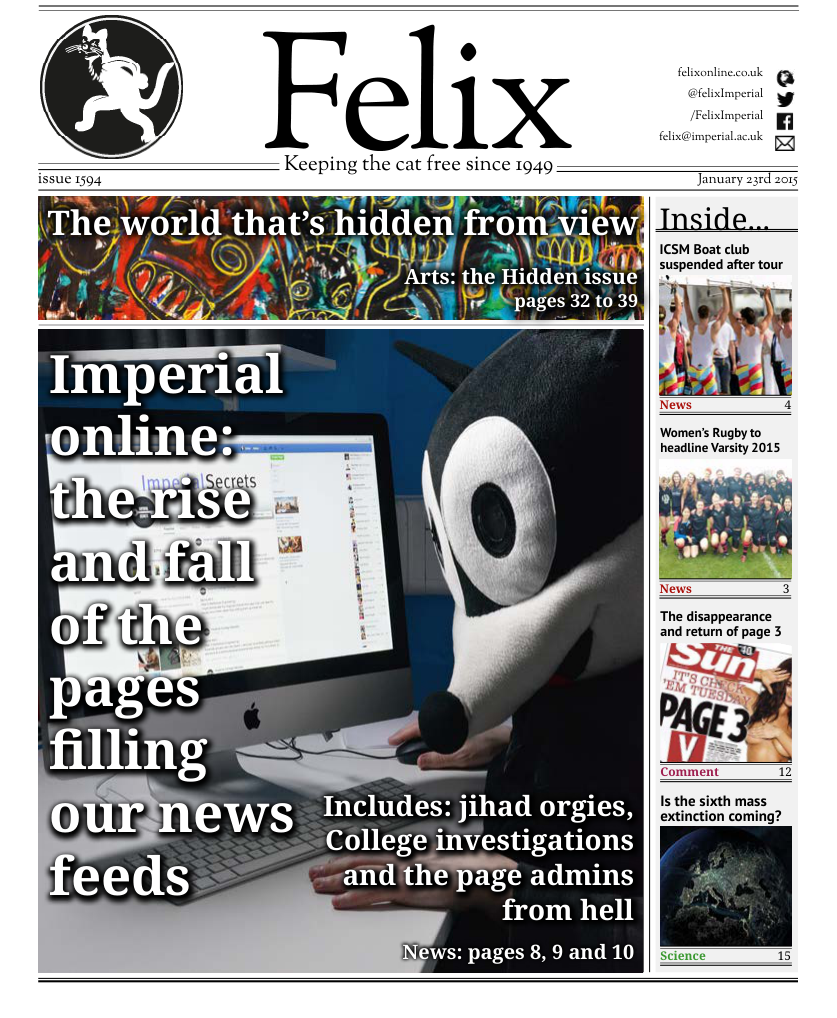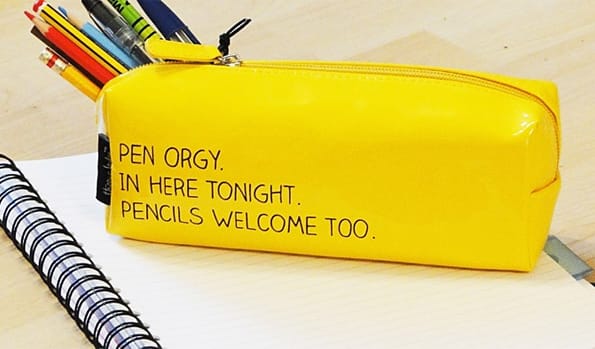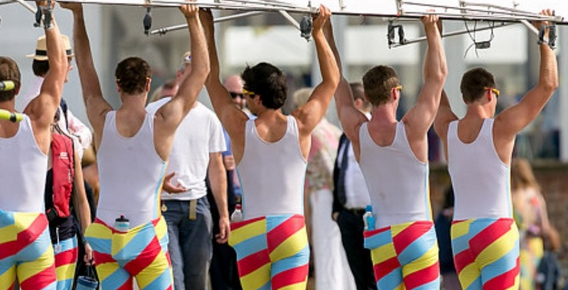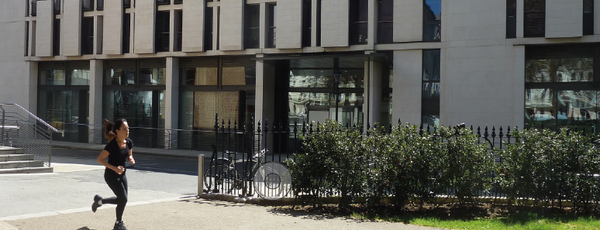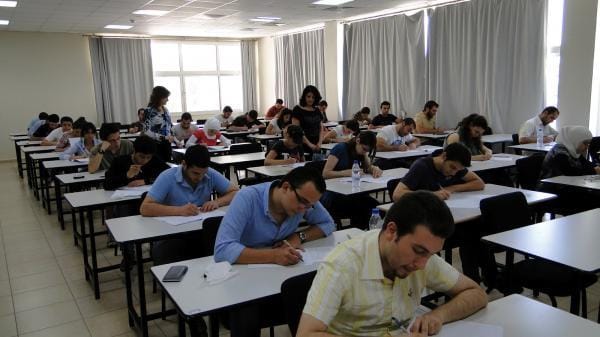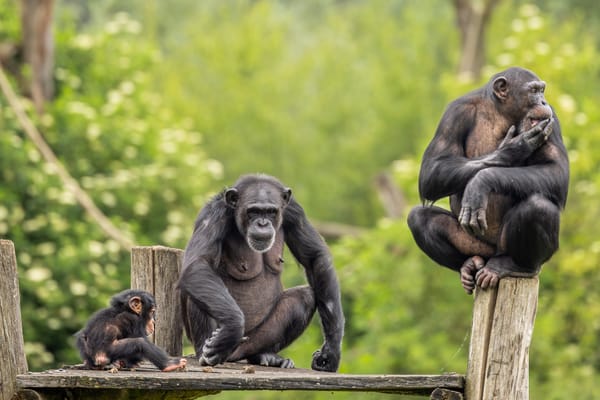Controversy as Imperial joins others in boycott of Universities “Green League”
The College has risen one place to 112th
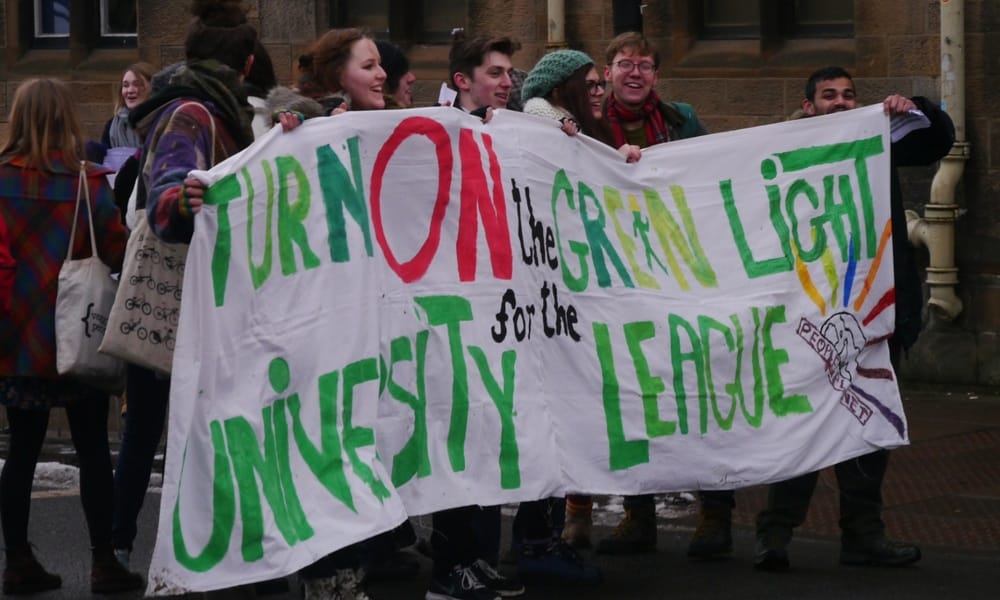
Controversy has broken out over the decision by 69 of the 151 Universities eligible to take part in pressure group People & Planet’s University League to pull out of the survey. Imperial College were one of the institutions to not submit a return this year.
The survey, known until this year as the ‘Green League’ ranked universities based on a number of factors attributable to environmental sustainability. Factors in this year’s survey include water and carbon reduction, staff and student engagement, sustainable food sourcing, and ethical investment policies.
This year, Plymouth University came top of the table, while Imperial College ranked 112 of 151. Last year Imperial came 113rd of 152. In a breakdown, People & Planet gave Imperial a score of 0% in categories of “Environmental Policy”, “Ethical Investment”, “Workers Rights”, “Sustainable Food”, and “Waste Reduction”.
Institutions are allocated ‘degree classifications’, with Imperial attaining a ‘third class’. Considering only Russell Group institutions, Imperial was joint 16th with Glasgow and Cambridge.
Whilst many institutions refused to submit data, they could still be ranked as higher education institutions are subject to the Freedom of Information Act and hence People & Planet could obtain information via alternative means.
In a joint statement dated August 4th by the Environmental Association for Universities and Colleges, and the Association of University Directors of Estates, they praised the Green League for its role in “helping us to account for and improve performance.”
However, the organisations raised “serious” concerns, referring in particular to the “[insufficient] timings given to universities, and changes to the survey which are perceived as time-consuming and detrimental to the credibility of the results.”
The Guardian also reported that the University of Cambridge expressed concern about the “[failure of the survey to] recognise the difference between institutions”, referring to the older nature of its buildings leading to concern that comparisons with other institutions with newer buildings would be unfair.
Meanwhile, according to a spokesman from Goldsmiths, University of London, providing the information requested would have taken “up to a month of full-time work”, continuing “smaller institutions in particular – those with just one or two members of staff working on sustainability – do not have the resources to gather the data requested.”
Under Freedom of Information Act rules, organisations are not obliged to provide information under the Act if it takes longer than 18 hours to collate the information.
There have been accusations that the majority of the institutions who chose not to take part did so because of prior poor performance. Commenting on reports that three quarters of the institutions who did not reply were in the bottom half of last year’s table, University League manager Hannah Smith said, “This is a boycott against transparency led by under-performing universities. When people ask our universities what they are doing to meet the biggest challenges of our time, we’d expect them all to answer.”
In a statement to Felix, a College spokesperson said, “Imperial is committed to carrying out its mission sustainably and to minimising the environmental impact of its operations. The College recognises that sector comparisons have a role to play in helping us continue to improve our performance.”
“However, in line with the approach taken by 68 other UK universities, Imperial did not submit a response to People and Planet’s Green League survey in 2014. The College shares the view expressed by the Environmental Association of Universities and Colleges and the Association of University Directors of Estates that changes to the methodology used in the Green League survey are detrimental to the credibility of the results.”
“Given this, the College considered that the substantial time and resources it would take to respond to the survey would not be justified.”
The League started under its previous name in 2007 and has been critically acclaimed by a number of organisations including the World Wide Fund for Nature (WWF) and has received a Green Gown award from the Environmental Association for Universities and Colleges. Chris Huhne, has also publically praised the league.


